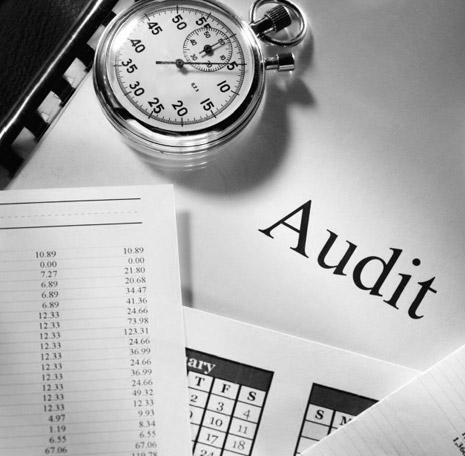Financial Audit Services in Dubai, UAE
External Audit
CLA Emirates [formerly Emirates Chartered Accountants Group] - Professional External Audit Firm in Dubai, UAE. With 20 years of experience in offering quality External/Financial Statement Audit Services in Dubai across the UAE.

Call for Consultation
Pradeep Sai | Managing Partner
Mob: +971 556530001
Email: pradeep.sai@claemirates.com
The importance of audit of books of accounts and records
The importance of Audit is increasing with the passage of time – as there are always more and more things to review and whistle when things are deviating. The businesses become more complex and the management of the companies are playing different methods to beat the market. When the countries or societies are progressing at greater speed with technological developments, new ways of doing things are arising.
In order to cover such activities, accounting and auditing have to cope up with the market movements and ensure that stakeholders’ interests are well protected. There has been an ongoing series of disclosures of fraudulent reporting by major companies, this will also point out the need for an effective audit.
The purpose of conducting a Financial Statement Audit
Having an expert opinion independently from the management of the company is highly essential to ensure that what is reflected through the balance sheet/statement of financial position or Profit or Loss Account is reliable or not. The purpose of a financial statement audit is to add credibility to the reported financial position and performance of a business. Tax authorities need the confirmation of sales and income, Lenders typically require an audit of the financial statements of any entity to which they lend funds. Suppliers may also require audited financial statements before they will be willing to extend trade credit.
The External Audit Procedures
A well-planned verification is necessary to cover all financial items with audit materiality. An audit involves the collection and evaluation of evidence in support of conclusions arrived. The procedures which will assist the auditor in this direction are.
- Planning and risk assessment. Involves gaining an understanding of the business and the business environment in which it operates, and using this information to assess whether there may be risks that could impact the financial statements.
- Internal controls testing. Involves the assessment of the effectiveness of an entity’s suite of controls, concentrating on such areas as proper authorization, the safeguarding of assets, and the segregation of duties.
- Substantive procedures. Involves a broad array of procedures, of which a small sampling.
The different level of assurances from auditors point of view
An audit provides a high level of assurance. But a review engagement gives a reasonably lesser degree of assurance than an audit. As in a review, the auditor does not carry out all those procedures that are carried out in an audit. Publicly held entities must have their quarterly financial statements reviewed, in addition to the annual audit.
Sometimes the requirement is only to report on individual items of financial data or on a set of financial statements to report on the factual findings, say to certify only the turnover of the company. The level of assurance in such agreed-upon procedures is again lower than a review engagement.
In the case of a compilation engagement, the auditor is called upon to prepare the financial statements – where his expertise in collecting, classifying, and summarizing the financial information only demanded and not designed to give any assurance on the financial statements.
- Revenue
- Procurement of Goods/ Services
- Inventory
- Logistics
- Information Technology Infrastructure.
- Finance
- Fixed Assets
- Statutory Compliance
- Admin & general Operations, etc.
4. Execution of the approved Internal Audit Plan
On Approval of the Audit plan, fieldwork is executed by performing a walk-through, enquiry, questionnaire, etc. Clients are kept informed of the audit process and the status of the audit.
5. Submission of Draft/ Final Reports to highlight the issues with risk rating and reporting to the management
Once the execution stage is completed, all the observations are collated in a draft report. The risk rating is allotted to all observations with the responsibility of the concerned function. This report is discussed with the Management or Authorised personnel to highlight the issues, concerns, and deviations.
6. Follow-up and Action Taken Report
As it will be a continuous process, the scope does not end with the submission of reports. The follow-up action taken report (ATR) will be represented to the management on the status of observations and its closure status. Any long-pending observations critical to the business will be bought to the notice of the management to set a further course of action.
Independent review and appraisal of the organization’s financial and relevant operational activities will be better when the internal auditor is not part of the organization and is independent.

Why CLA Emirates [formerly Emirates Chartered Accountants Group] for Audit in the UAE?
We CLA Emirates [formerly Emirates Chartered Accountants Group] is present in the market for the last 20 years with the highest professional quality, real-time service, and maintaining ethical values. Our qualified chartered accountants at various levels of execution of assignments ensure that requirements as per International Financial Reporting Standards (IFRSs), auditing standards, and relevant legal provisions are properly complied with.
Other Audit & Assurance Services:

